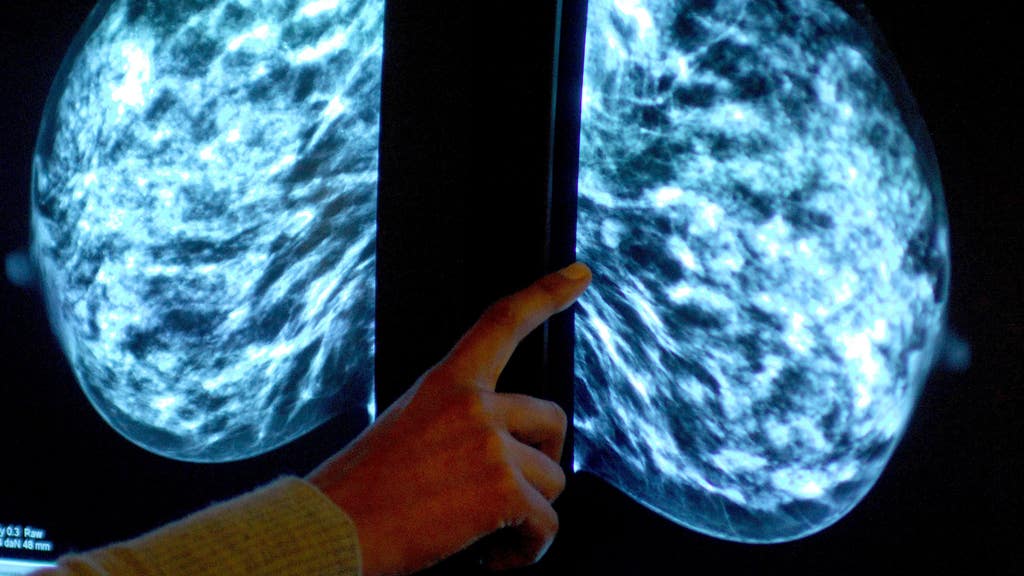Cancer Research UK has warned that survival rates from the disease could drop for the first time as the NHS in Scotland comes under increased pressure over the winter.
The latest waiting time figures showed that cancer treatment targets were missed by every health board in Scotland.
Patients who have an urgent suspicion of cancer should wait no longer than 62 days for treatment, with a target of 95% of cases seen in that time.
But the Public Health Scotland figures for April to June reveal that 3324 (84.1%) of the 3953 urgently referred patients began treatment within the 62-day standard.
All 14 of the Scottish health boards missed the waiting time target.
However, once a formal decision to treat the cancer was made, treatment began in the next 31 days in 98.1% of cases across the country.
The 3953 eligible referrals for the 62-day standard was an increase of 10.1% from the previous quarter but similar to the 3833 patients referred in the quarter ending March 31, 2020, when 84.7% of referred patients began treatment in the target time.
The longest wait for a patient with cancer was in the NHS Greater Glasgow and Clyde region, who started treatment 397 days after an urgent referral.
Overall, the worst-performing health board was NHS Highland, where the rate for treatment beginning by the target time was 64.8%.
The best performing health board was NHS Dumfries and Galloway, where the target was met in 93.4% of cases, followed by NHS Orkney (91.7%) and NHS Tayside (90.2%).
NHS Shetland, where all seven of the eligible referrals started treatment within the target time in the first quarter of 2021, slipped to 73.3% as four of the 15 patients waited longer than two months.
Following the release of the waiting time figures, Cancer Research UK’s public affairs manager in Scotland, David Ferguson, said: “These worrying statistics tell us too many people are waiting far too long for diagnosis and treatment.
“While some of the waits are due to backlogs and additional Covid-19 safety measures, cancer services were already struggling before the pandemic.
“Chronic shortages in staff and equipment mean that cancer waiting time targets have been missed for years.
“The onset of winter pressures is likely to make the situation worse and we’re concerned cancer survival could start to go backwards for the first time.
“The Scottish Government has promised a new NHS National Workforce Strategy.
“This must include a firm commitment to develop a clear roadmap to how staff shortages will be tackled. Investment in equipment is also needed to meet demand now and in the future.”
Head of advocacy for Macmillan in Scotland, Kate Seymour, said: “Behind every breached waiting time is a person trying to cope with the stress and anxiety of not knowing if they have a life-threatening illness.
“Even before the pandemic, the system was struggling with the sheer numbers of people in need of treatment and support.
“The past 18 months has only made this worse, putting immense pressures on the NHS and its staff.
“Sufficient funding must be put in place to ensure the right workforce, including specialist cancer nurses, is available to deliver the high-quality cancer care people in Scotland deserve.”
A Scottish Government spokeswoman said: “Despite NHS Scotland experiencing unprecedented, significant and sustained pressures because of the Covid-19 pandemic, cancer has remained a priority.
“Our NHS staff have worked incredibly hard over the last year to ensure the majority of cancer treatment and care have continued, with the 31-day waiting times target being consistently met, and patients waiting an average of four days for treatment, following a decision to treat.
“£10m of funding was directed to boards in July this year to support the most challenged cancer pathways, including colorectal and urology. The Endoscopy Renewal Plan, due to be published in the coming weeks, will further support improvements.
“The number of patients seen under the 62-day target has increased very slightly from the same time last year and we remain committed to improve cancer waiting times performance, and ensuring that care and treatments are delivered safely to patients, based on their needs.”
Follow STV News on WhatsApp
Scan the QR code on your mobile device for all the latest news from around the country


 PA Wire
PA Wire
























